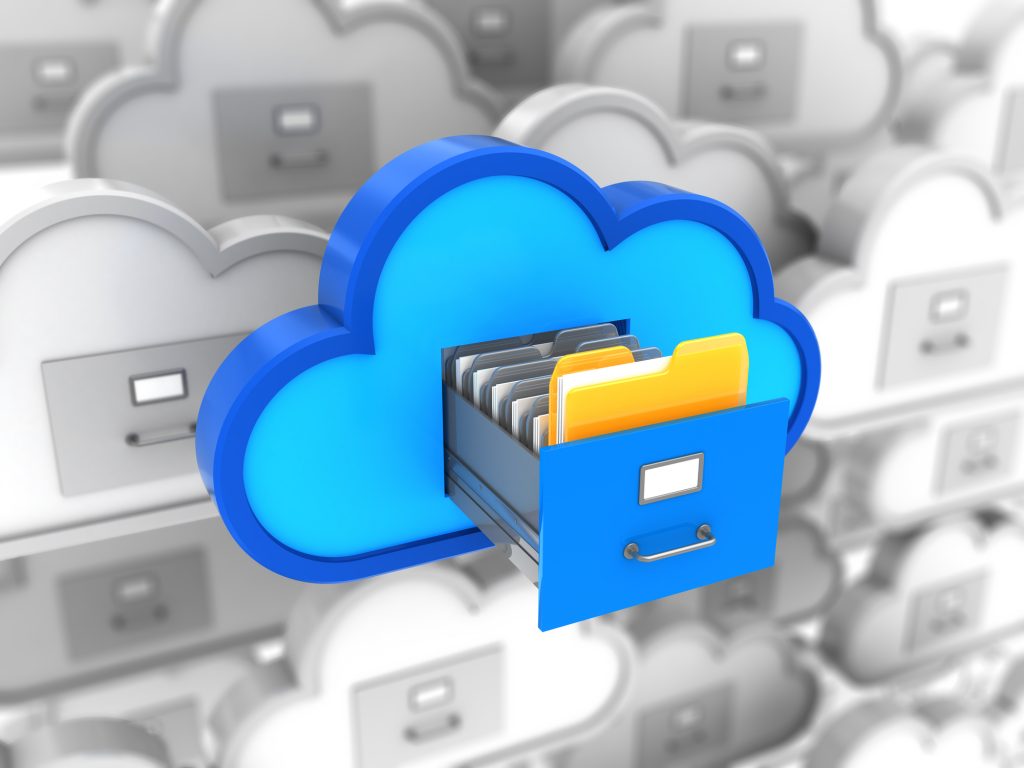Payroll, accounts receivable, team meetings, inventory…oftentimes, the importance of backing up your data is minified by the hundreds of other things you do as a small- or medium-sized business owner every day. However, spending time on your data backup strategy now can save you time in the future. Yes, developing a comprehensive backup plan takes effort and money, but recovering from data loss takes much, much more.
What is a Data Backup Plan?
Data backup involves making copies of your data (such as files, programs, softwares, passwords and codes) and storing them in a secondary location to protect against data loss. A data backup plan is essential for businesses of any and all sizes, since your data is one of the most vital assets your organization has. A data backup plan isn’t excessive or over-planning…it’s absolutely essential for companies to have an effective data backup plan in place to avoid data loss catastrophes.
What Does a Data Loss Catastrophe Look Like?
You could be hacked or ransomed. You can lose data to thieves who want to sell your information to online bidders. You can be the victim of malware that corrupts your systems. A bad-tempered employee can access and delete your digital files.
The causes of data loss can range from human intent or error (around 30% of catastrophes) to hardware or system failure (also around 30%). Break-ins, natural disasters, viruses, malware, dropped laptops or phones — all are instances that can lead to mass data loss.
Having a data backup plan in place is vital for ensuring that an accident, or hack, or disgruntled staff doesn’t force your business doors closed.
A Data Backup Plan Must Be…
Comprehensive
Anything is better than nothing, but a comprehensive plan will ensure that you can recover a large swath of data in the event of a loss. In an increasingly digital business landscape, your computer and online data is both highly valuable and accessible by hackers around the world. But don’t forget your paper files, too. Contracts, tax forms, certificates…these should all be a part of your backup plan. Consider placing physical duplicates in a safe space like a fire-proof safe and/or an off-site storage unit.
Here is a list of items to factor into your data backup plan:
- Files
- Passwords
- Emails
- Operating systems
- Software
- CRMs
- Website
- Custom code
- Apps
- Media (photos, videos, etc.)
- Contact information
- Certifications
- Contracts
Automated
Make it automated, make it regular. Think about how often your data changes. Are you making daily bank deposits? Does your medical practice staff make changes to patient files each weekday? Do you update spreadsheets weekly? Think about how long you can go in between backups and survive a data disaster. For many small- and medium-sized businesses, it’s about 24 hours.
Manual backups can be time consuming and leave room for human error, so it’s a good idea to choose a solution that you can automate. Automating guarantees you can access the most recent versions of your data, and saves you (or your staff) manual time and effort.
Secure
Protect your backed-up data. Whether you’re storing hardware, software, website code or files on a cloud, it’s important that your duplicate data is secure and safe.
Many cloud storage solutions offer encryption, but some don’t. Check with your provider about security practices, access protocols, and data recovery steps. When it comes to hardware or physical paper copies, some business owners choose locked cabinets, off-site closets, storage units, or bank security boxes. Pick a secure location that meets your access needs, while offering a secure home for your data.
Clear
To be successful, a data backup plan should be detailed and clear. Avoid roadblocks and holes in your plan by listing out your answers to the following:
- What data is being backed up?
- Where is it being backed up?
- How often do backups occur?
- Who is in charge of performing backups?
- Who has access to backups?
- What are the steps for accessing backups?
- Who is in charge of monitoring the success of backups?
Audited
It’s crucial that you test your backups before you need them. Once your backup plan is in place, try restoring your files in a different location. What hurdles do you run into, if any? Were you successful? Can you replicate the data recovery again?
Auditing doesn’t need to be overwhelming, but it should be regular and consistent. Make a plan to test your systems periodically, and log notes for reference and changes. A data backup plan shouldn’t sit idle on a shelf — it is a living, changing document that will likely require ongoing updates as your business grows.
Stay on Top of Your Data
With changing technology and the ever-present risk of damaging security breaches, staying on top of your data backups can feel like a full time job. We help take the pressure off you and your team with custom and comprehensive backup solutions that free up your time to do what you do best. Don’t run the risk of losing your data. Contact our Tekmanagement team to learn about data protection and recovery solutions that will meet your business’s needs now, and scale along with your company as it grows.


